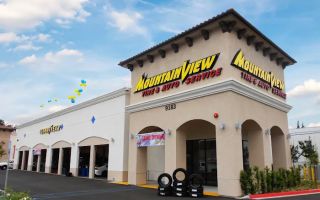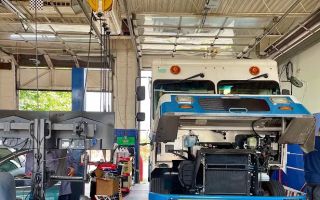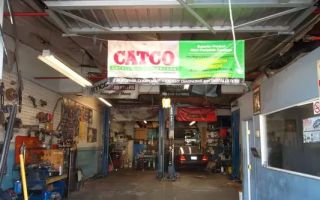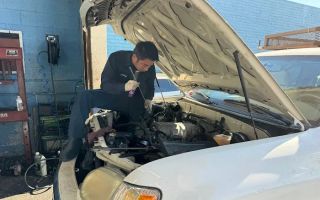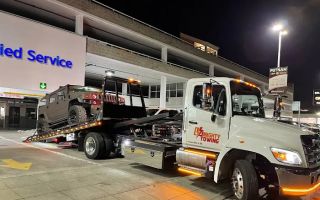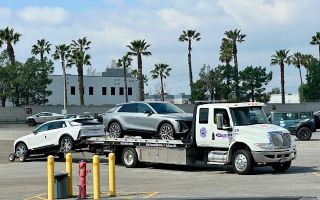Understanding the Different Types of Trailer Towing Services: A Comprehensive Guide
- What is Trailer Towing?
- Types of Trailer Towing Services
- How to Choose the Right Trailer Towing Service
- Cost Factors in Trailer Towing Services
- Real-Life Examples of Trailer Towing Needs
- Get Professional Help for Trailer Towing at Rescue & Towing
1. What is Trailer Towing?
Trailer towing refers to the process of pulling a trailer, such as a boat, camper, or utility trailer, behind a vehicle. The goal is to transport goods, recreational vehicles, or even another vehicle from one location to another. Towing services can be essential when your vehicle or trailer experiences an issue on the road, such as a flat tire or engine failure.
Understanding trailer towing is crucial for ensuring your safety on the road. There are various types of towing, each designed for specific needs, which will be explored in detail in the following sections.
2. Types of Trailer Towing Services
When it comes to trailer towing, not all services are the same. Depending on your needs, there are several types of trailer towing services that specialize in different situations. Here are the most common types:
- Flatbed Towing: This is a popular method for towing vehicles and trailers that need to be transported without risking damage. The entire vehicle or trailer is loaded onto a flatbed truck, making it a safe and secure option for high-value or delicate trailers.
- Gooseneck Towing: Gooseneck towing is ideal for towing heavy trailers, especially those carrying large loads like horses or construction equipment. It uses a special hitch that connects to the bed of the truck, allowing for more stability and control when hauling large loads.
- Fifth Wheel Towing: Similar to gooseneck towing, fifth-wheel towing is used for large, heavy trailers, such as RVs and large campers. This towing method is known for providing a smooth and stable towing experience, as the hitch is mounted over the rear axle of the towing vehicle.
- Tow Dolly Towing: Tow dollies are used when towing smaller vehicles or trailers. The vehicle or trailer's front wheels are lifted onto the dolly, while the rear wheels remain on the road. This is a cost-effective method for light-duty towing, especially when transporting cars.
- Flat Tow (4-Wheel Drive Towing): This towing service is used for four-wheel-drive vehicles that can be towed with all four wheels on the ground. It's a convenient option for RV owners who want to tow a smaller vehicle behind them.
3. How to Choose the Right Trailer Towing Service
When you need trailer towing, selecting the right service is essential to ensure your vehicle or trailer is transported safely and securely. Here are some factors to consider:
- Experience and Specialization: Some towing services specialize in certain types of trailers. For instance, if you're hauling a boat or a large RV, make sure the towing service has experience handling those specific types of loads.
- Equipment Quality: The quality of the towing equipment is critical. Always choose a service that uses well-maintained trucks and trailers to minimize the risk of damage during transportation.
- Reputation and Reviews: Look for a towing company with a strong reputation for reliability and customer service. Check online reviews and testimonials to see what past customers have said about their experience with the service.
- Availability: Towing services should be available 24/7 in case of emergencies. It's crucial to choose a company that can respond to your towing needs promptly, especially during inconvenient hours.
4. Cost Factors in Trailer Towing Services
Cost is always a consideration when selecting a towing service, but it’s important to keep in mind that the price can vary based on several factors:
- Distance: The farther the destination, the higher the cost. Long-distance towing requires more time, fuel, and resources, so expect to pay more for extended trips.
- Type of Trailer: Heavier or larger trailers, like RVs or boats, will cost more to tow. Specialized equipment and handling may be required, which adds to the expense.
- Time of Day: Emergency towing services or those needed after hours typically come with a premium price. It’s always best to plan ahead if you know you’ll need towing services.
- Additional Services: Some towing companies offer extra services, such as winching, which could increase the total cost. Be sure to ask about any additional fees before committing to a service.
5. Real-Life Examples of Trailer Towing Needs
Many people have found themselves in situations where they needed professional trailer towing services. One example is the case of a family stranded on the side of the road in Denver with their camper after their RV broke down during a road trip. Fortunately, they were able to call a reputable towing service, who arrived quickly with a flatbed truck to safely transport their RV to a nearby repair shop.
Another real-life example comes from a local farmer in Colorado who needed to transport his heavy farming equipment. He called a towing service that specialized in heavy-duty gooseneck towing, and the service was able to haul the equipment across the state without any issues.
These real-life examples highlight the importance of having access to reliable and efficient towing services that can handle a variety of trailer types and situations.
6. Get Professional Help for Trailer Towing at Rescue & Towing
If you're in need of trailer towing services, look no further than Rescue & Towing. Whether you're dealing with an emergency breakdown or need assistance transporting a heavy trailer, our experienced team is here to help. We offer a variety of towing services, including flatbed towing, gooseneck towing, and more, tailored to your specific needs.
Visit our website or call us today to learn more about our services or to get immediate assistance with your trailer towing needs. Let Rescue & Towing take the stress out of your towing experience!

